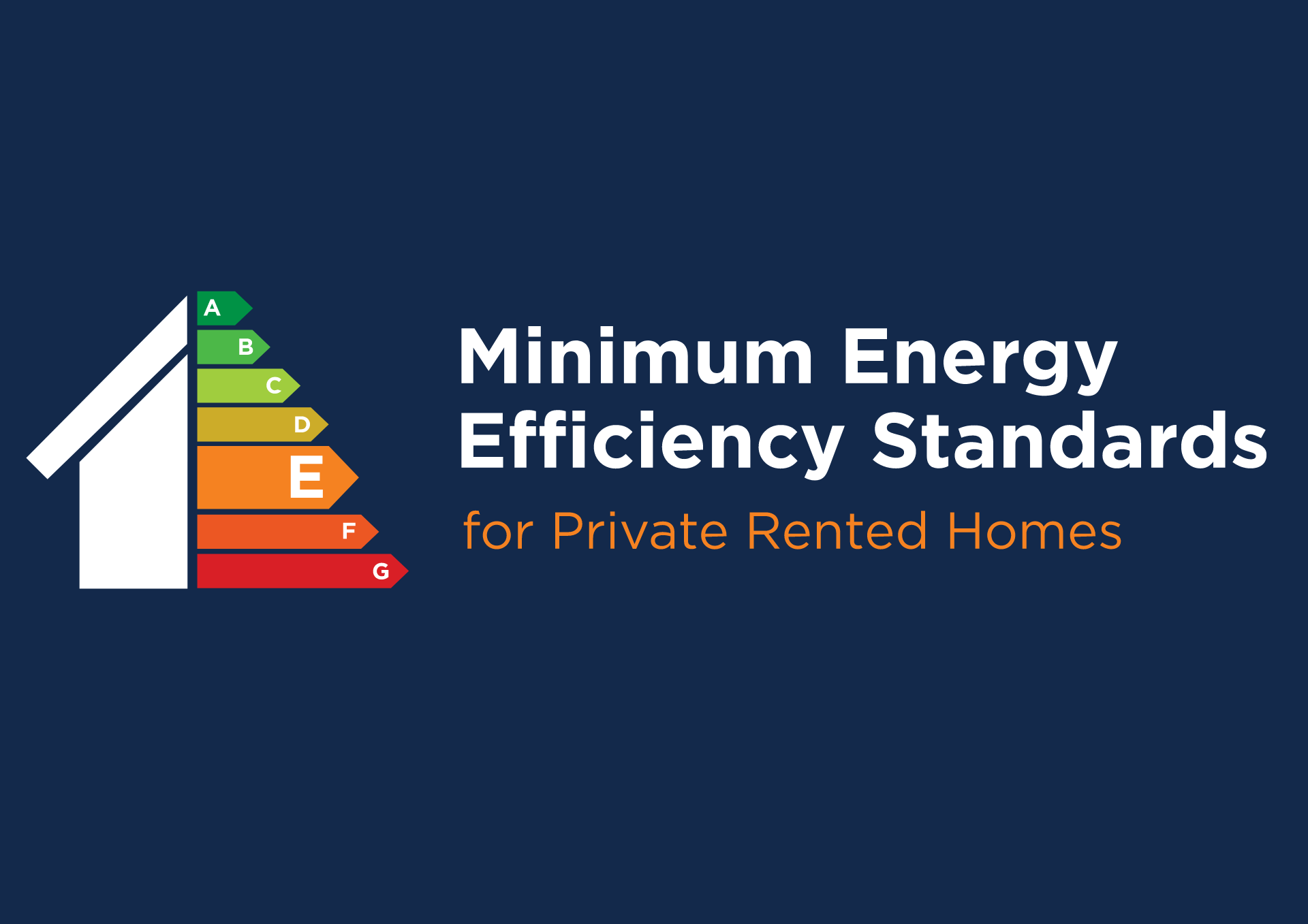Date published: 2024-02-01 | Category: Housing, Trading Standards, Delivering for local residents

The number of people living in properties that are hard to heat has fallen following the success of a project to ensure private rented homes in Bath & North East Somerset meet the legal minimum energy efficiency standard.
Private rented homes are required to have an Energy Performance Certificate (EPC) rating of E or above and Bath & North East Somerset Council trading standards officers and housing services worked together to identify domestic properties in B&NES that that had an EPC below that level.
Landlords letting out private sector domestic accommodation that was below that legal minimum rating were required to make property improvements and bring the homes up to a rating of at least E or face a fine of up to £5000 per property, unless they had an exemption registered.
Where properties fell short of the minimum E energy rating, the landlords were issued with Compliance Notices and had to take action. Improvements have been completed in more than 70 properties. The introduction of energy efficiency measures has resulted in a fall in annual energy costs by an average of £388 per property and enabled the saving of more than 125.7 tonnes of CO2 across the district, an average of 3 tonnes per property.
Councillor Tim Ball, cabinet member for Neighbourhood Services, said: “With the cost of energy rising rapidly it is important for tenants in private rented accommodation to know that their property is fuel efficient. The campaign helped us to raise awareness of the Minimum Energy Efficiency Standards regulations amongst landlords, letting agents and tenants and to identify properties that did not have an EPC of at least band E.
“The success of this campaign is a positive step towards improving the energy efficiency of homes in our area and, as domestic properties produce around 40% of carbon emissions in our district, it will help towards our target of net zero emissions by 2030.”
The compliance and enforcement project was funded by a £96,000 grant from the Department for Business, Energy and Industrial Strategy (BEIS) in partnership with the Midlands Energy Hub.
More information on MEES can be found here: https://beta.bathnes.gov.uk/minimum-energy-efficiency-standards-mees-rented-homes
ENDS
